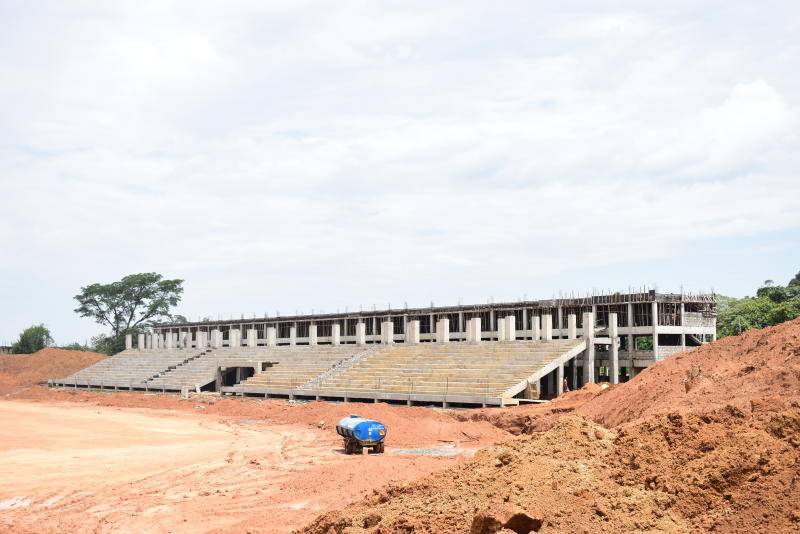×
The Standard e-Paper
Home To Bold Columnists

When you mention the name Benjamin Wabura Jipcho alias Ben Jipcho, memories of the 1968 Summer Olympics, Mexico roll back.
Jipcho set a blistering pace but sacrificed himself for a teammate to win the race earning himself respect and admiration from fans.